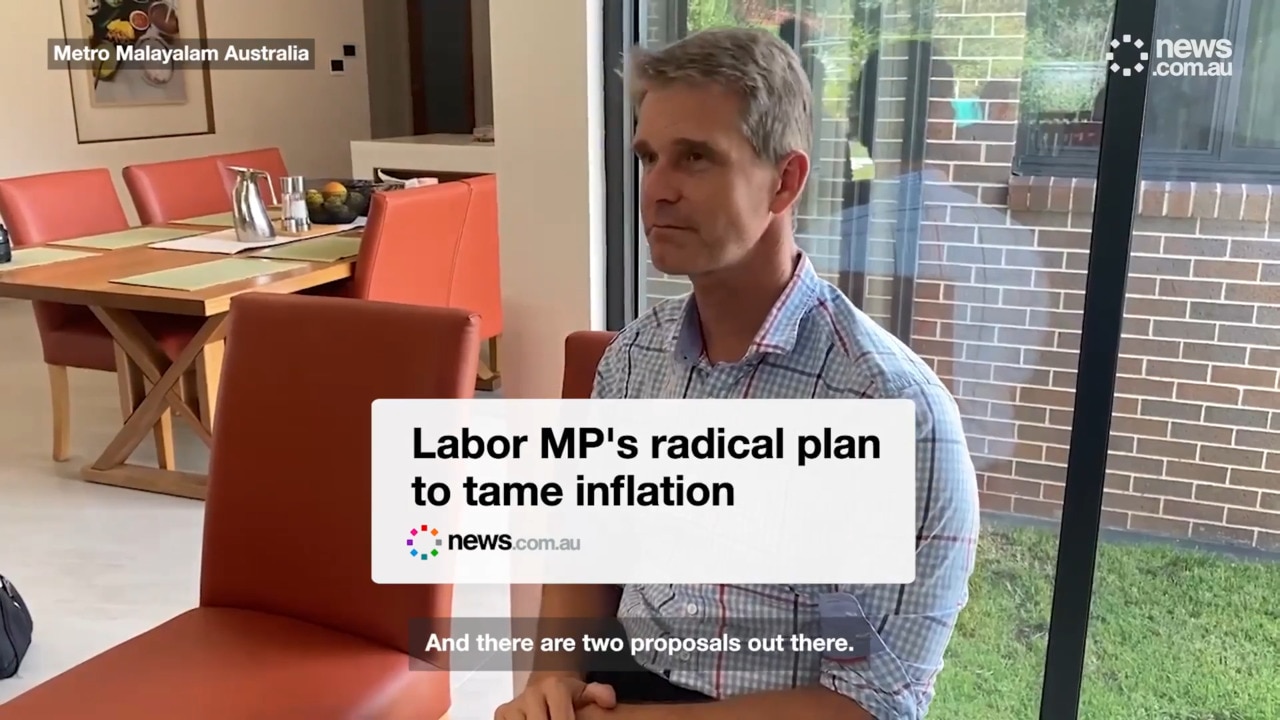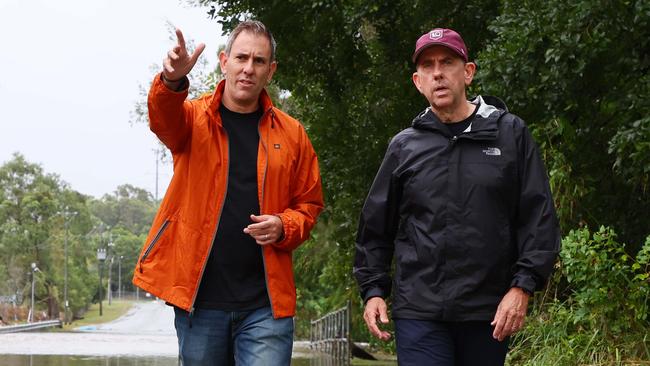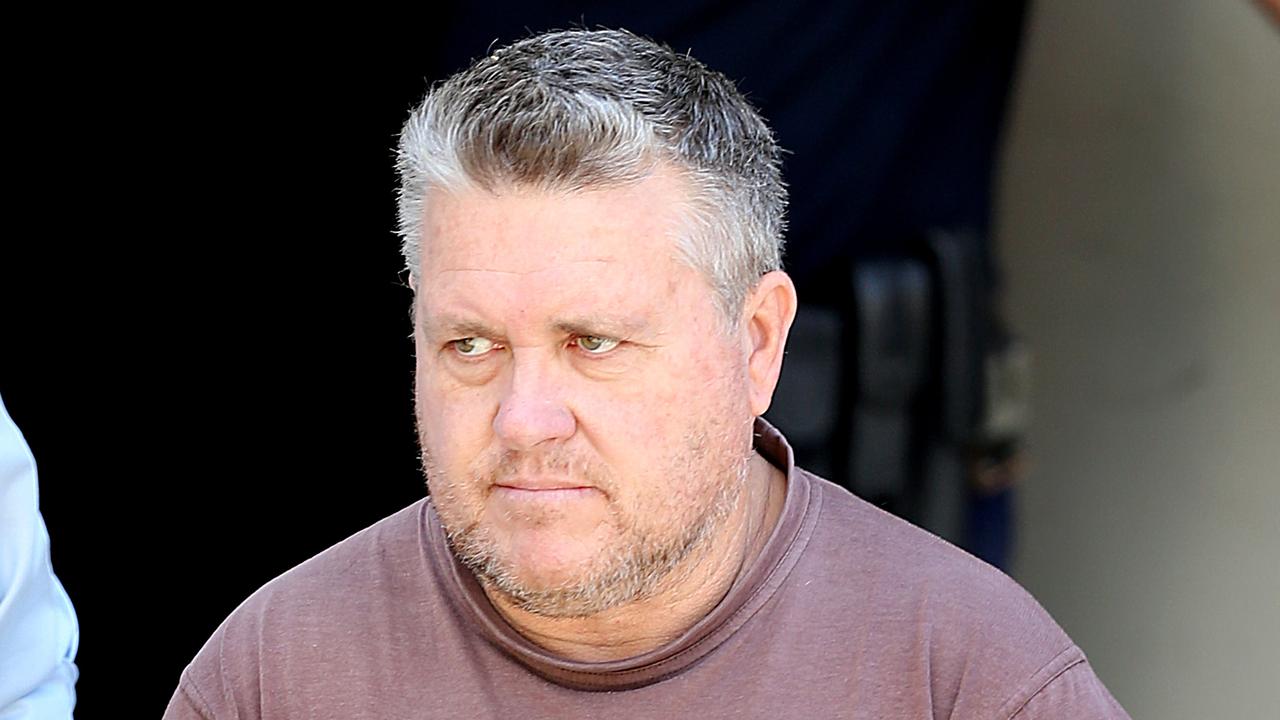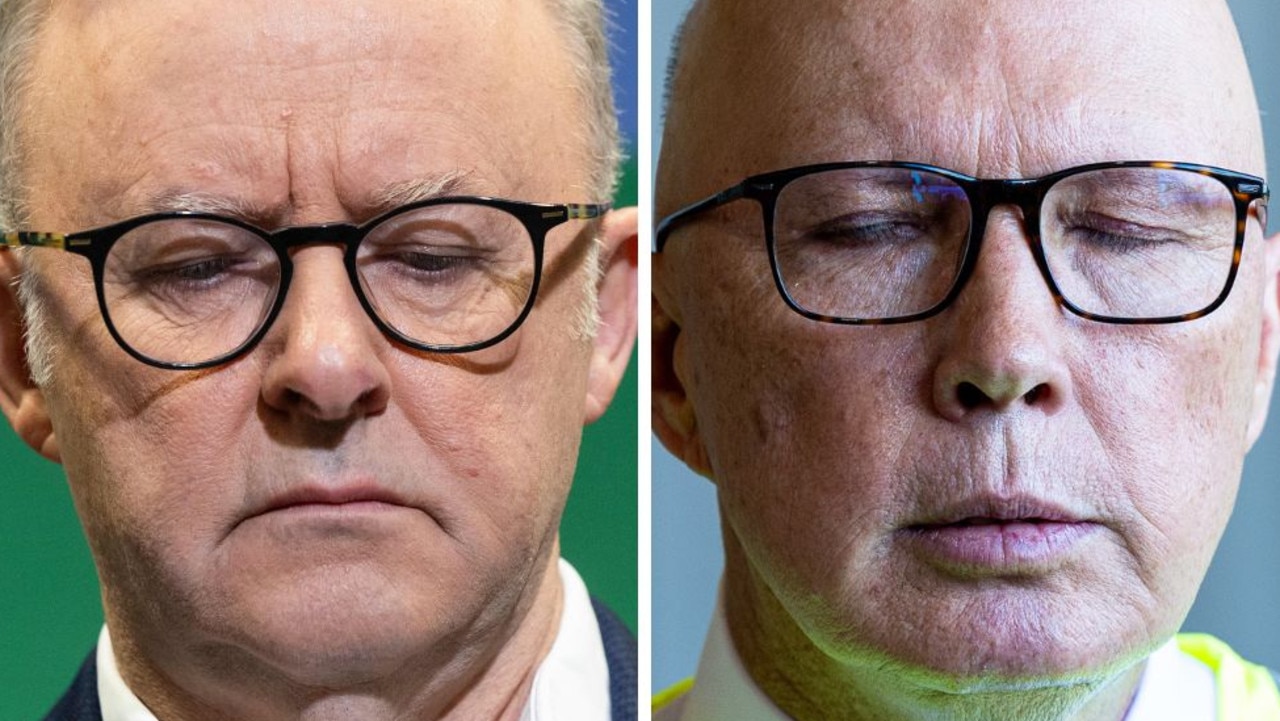Queensland gets $2.4bn hit from annual Commonwealth Grants Commission GST carve-up
The annual GST carve-up is set to spark a brawl among state treasurers, with one state set to receive $2.4bn less in crucial funding.

Breaking News
Don't miss out on the headlines from Breaking News. Followed categories will be added to My News.
Queensland is set to cop a near $2.4bn blow in GST contributions with the newly installed state Treasurer David Janetzki accusing the independent body of “shonky shifting”.
While every other state and territory received more funding year-on-year, the Sunshine State will receive $2.371bn less for its state coffers following the recommended GST carve-ups released by the Commonwealth Grants Commission on Friday.
Victoria emerged as the big winner and was given an extra $3.946bn in GST receipts bringing its total to $27.988bn.
NSW has received an extra $1.297bn year-on-year, or $27.716bn out of the $95.2bn pool.
The recommendations were released by the Commonwealth Grants Commission on Friday.
Mr Janetzki said his state had been “penalised because of our strong resources industry” and urged the federal Treasurer Jim Chalmers – a Queenslander – to reject the recommendations.

He said the slashed GST redistribution, which states rely on to fund infrastructure, education and health initiatives, would “severely compromise Queensland’s capacity to deliver essential services and infrastructure for our growing state”.
“This must be called out for what it is, shonky shifting of Queenslanders’ money for a better payout for NSW and Victoria,” Mr Janetzki said.
“The ball is now squarely in Jim Chalmers’ court and as a fellow Queenslander, he should be protecting the livelihoods of those who call Queensland home, not ripping the rug out from under our state.”
Minerals Council of Australia chief executive Tania Constable said Friday’s determination was proof the decision to hike mining royalties by the former Labor government was a “shortsighted cash grab”.
“Queensland’s coal royalty hike may have delivered a quick budget sugar hit, but the long-term consequences are now abundantly clear: falling GST revenue and weakened investor confidence,” she said.

Victoria’s $3.7bn increase, the biggest year-on-year, was credited to an absence of a “significant coal industry,” which reduced its high infrastructure agenda which includes its beleaguered $216bn Suburban Rail Loop.
The CGC also flagged the state’s inability to raise mining royalties, plus an increase in population growth post-pandemic.
The state’s Shadow Treasurer James Newbury said the figures confirms “structural economic weaknesses in Victoria”.
“The report is a red letter day as it confirms the structural economic weaknesses in Victoria, as the state has shifted to become a national taker of tax revenue,” he said.
“It exposes the state Labor government’s strategy of building a financial plan on population growth and nation leading tax collection as nothing more than a Ponzi scheme.”
Although NSW will receive more from the 2025-26 carve-up, Treasurer Daniel Mookhey said the state’s share of the total pool was still falling year-on-year, and called for reform.
“Today’s determination by the Commonwealth Grants Commission is a reminder that the system is still urgently in need of significant reform,” he said.
“We will continue to argue for a fairer carve up of GST.”
States have long protested how the funds are redistributed by the independent body, which uses a relativity score to determine each state and territory’s need, and not through a per capita spread.
Western Australia also has a “no worse off guarantee” which results in the state receiving at least 75c per capita.
The controversial deal was minted by former prime minister Scott Morrison in 2018, with Anthony Albanese pledging to continue the guarantee.
Originally published as Queensland gets $2.4bn hit from annual Commonwealth Grants Commission GST carve-up



